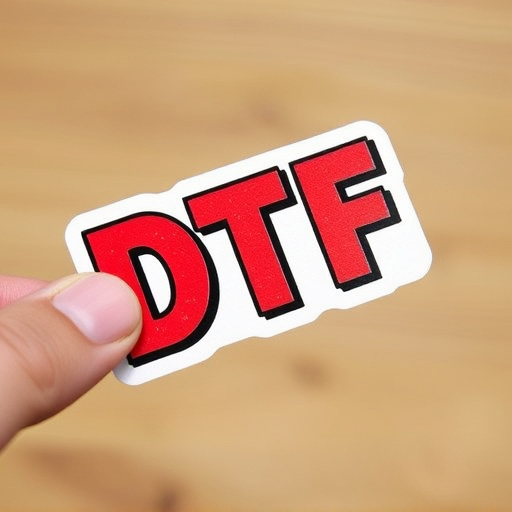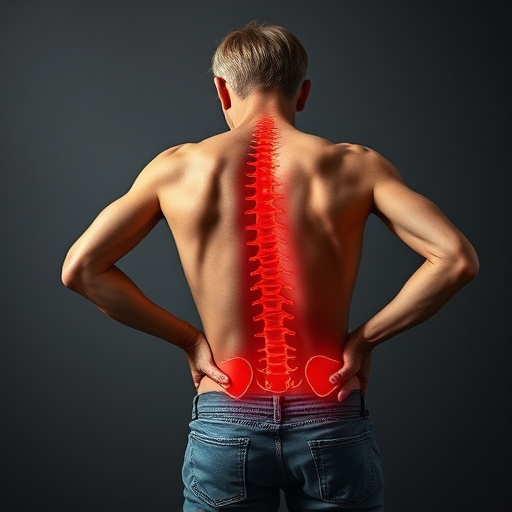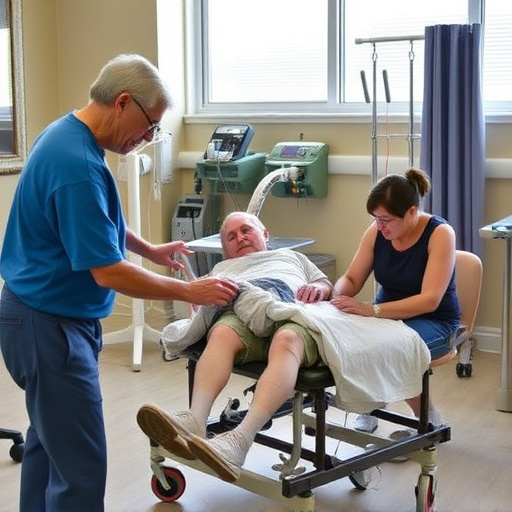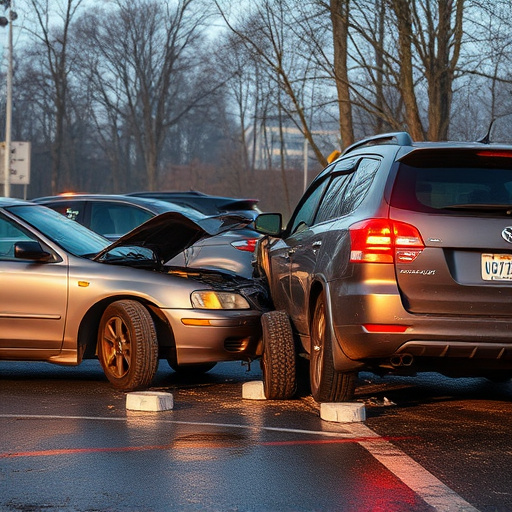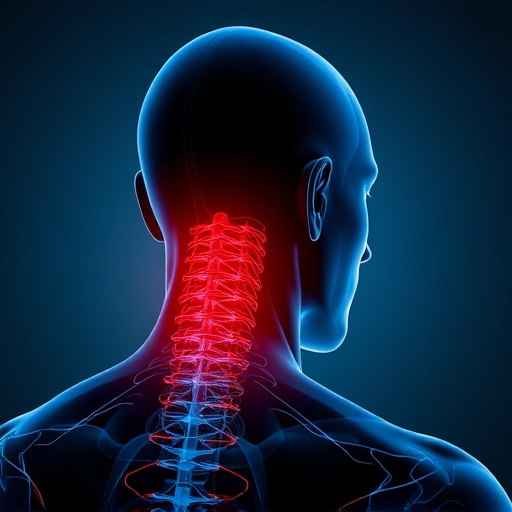Motor vehicle accidents can cause various injuries, from whiplash and neck pain to concussions and spinal cord damage. Early recognition is key for effective care, including rest, physical therapy, medication, and specialized treatments like CT scans, shockwave therapy, and spinal adjustments. This holistic approach aims to manage symptoms, restore mobility, alleviate pain, and improve quality of life post-recovery.
In the aftermath of a motor vehicle accident, understanding common injuries is crucial for effective care. This article delves into three significant areas often treated in such cases: whiplash and neck injuries, brain trauma including concussions, and spinal cord damage. By recognizing their symptoms and potential effects, individuals can navigate the path to recovery with informed awareness, emphasizing the importance of prompt motor vehicle accident care.
- Whiplash and Neck Injuries: Understanding Common Symptoms
- Brain Trauma: Recognizing Concussions and Other Impacts
- Spinal Cord Damage: Potential Effects and Rehabilitation
Whiplash and Neck Injuries: Understanding Common Symptoms
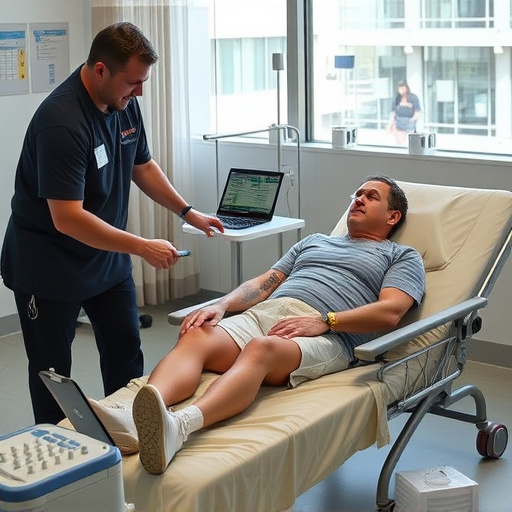
Whiplash and neck injuries are among the most common occurrences in motor vehicle accidents. These types of injuries often result from the sudden and forceful back-and-forth movement of the head, typical during a collision. The symptoms can range from mild discomfort to severe pain, including headaches, neck stiffness, and even shooting pains that radiate down the arms, known as sciatica treatment. Many victims may not experience immediate pain but later develop persistent symptoms that require post-injury care.
Understanding whiplash and its potential for developing into chronic conditions is crucial in motor vehicle accident care. Prompt recognition of these injuries is vital for effective management, which often includes a combination of rest, physical therapy, and medication. Functional rehabilitation plays a significant role in helping individuals regain mobility, reduce pain, and return to their daily activities after an accident.
Brain Trauma: Recognizing Concussions and Other Impacts

Brain trauma is a serious concern in motor vehicle accidents and requires immediate attention in any case of suspected injury. Concussions, often overlooked, can have significant impacts on an individual’s health and well-being post-accident. Recognizing the signs is crucial for effective motor vehicle accident care. Symptoms may include temporary loss of consciousness, dizziness, headaches, nausea, and blurred vision—all indicating potential brain trauma.
Proper diagnosis and post-injury care are essential to managing these injuries effectively. In severe cases, imaging tests like CT scans can reveal internal bleeding or other structural damage. Some treatments, such as shockwave therapy, have shown promise in accelerating recovery from concussions. Additionally, physical therapy and targeted exercises can aid in healing a herniated disc treatment, another common outcome of brain trauma, ensuring a comprehensive approach to patient care.
Spinal Cord Damage: Potential Effects and Rehabilitation

Spinal Cord damage resulting from a motor vehicle accident can have devastating effects, impacting mobility and causing various symptoms depending on the affected area. The potential consequences range from temporary neck pain relief to more severe conditions that may require long-term rehabilitation. In such cases, auto accident recovery becomes a complex process involving both medical interventions and physical therapy.
Rehabilitation for spinal cord injuries often includes specialized treatments like spinal adjustments, tailored exercises, and physical therapies to strengthen muscles and improve flexibility. The goal is not only to manage pain but also to restore as much functionality as possible. With dedicated care, individuals can learn to adapt to their new circumstances while striving for improved mobility and quality of life post auto accident recovery.
Motor vehicle accidents can lead to a range of injuries, from whiplash and neck strain to more severe brain trauma and spinal cord damage. Understanding common symptoms and seeking prompt motor vehicle accident care is crucial for effective treatment and recovery. Whether dealing with concussions, rehabilitation for spinal cord injuries, or managing chronic pain from whiplash, early intervention can significantly impact long-term health outcomes. Remember that each case is unique, so consulting medical professionals experienced in motor vehicle accident care is essential for personalized support during the healing process.






